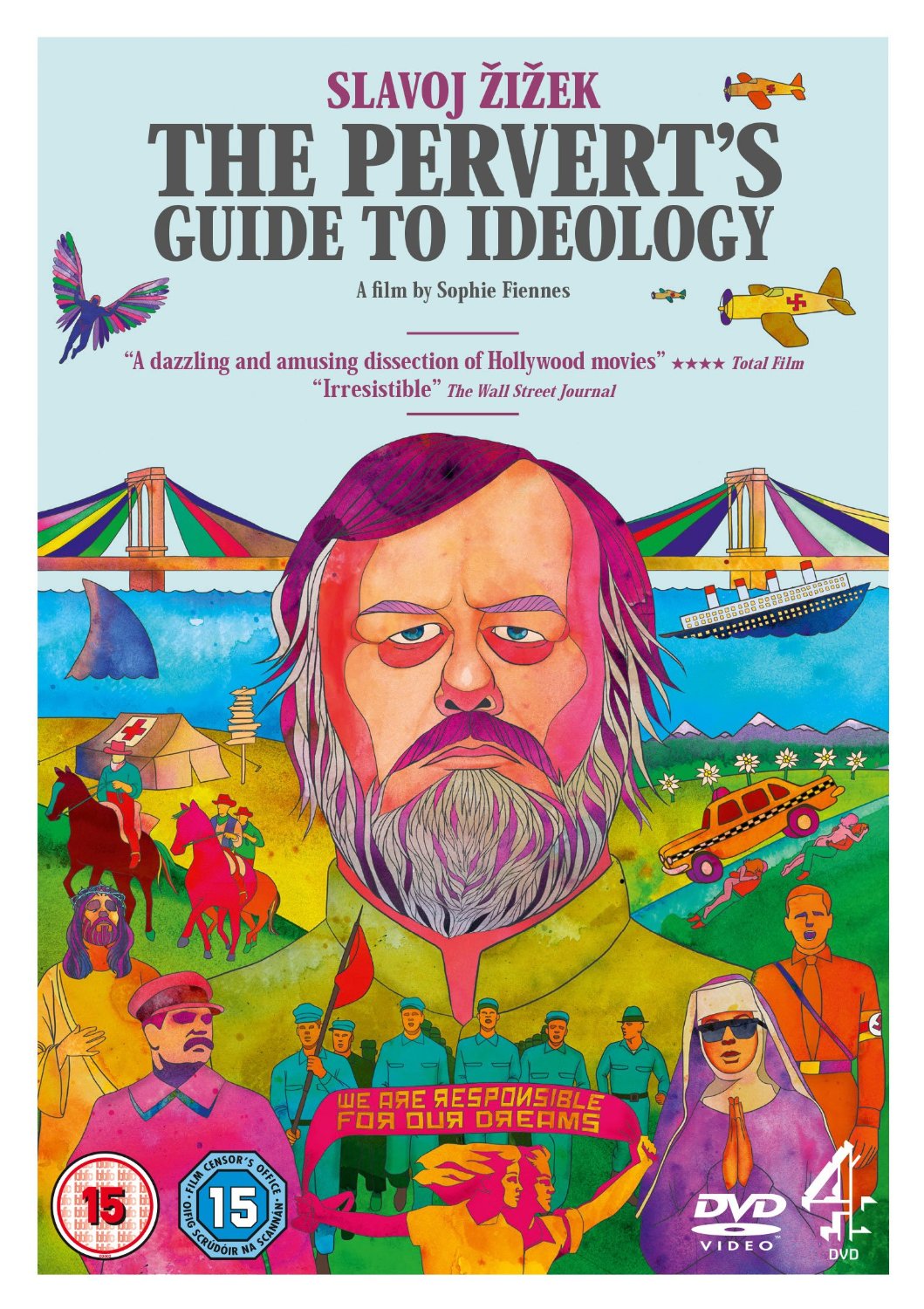Coincidentally --- or perhaps there is no such thing as a coincidence --- I was watching Zizek's psychoanalytical discussion about film and ideology while starting on Season 4 of Scandal.
What seemed like a conventional romantic trope to keep the two lead characters apart in Season 1 has become a bit of a joke in Season 4. Olivia Pope and President Fitzgerald Grant have overcome each apparent external obstacle between their union over the first 2 seasons and by now are resorting to transparent self sabotage.
The need to keep the lead characters apart until the climax (pun intended) of the story has long been explained to me. The audience's pleasure is derived from both the process of prohibition and the eventual release/payoff in comedy or the lack of in tragedy.
Beginning in Season 3 and continuing through at least Season 4, the obstacles to the "happy ending" between Olivia and Fitz are expressed in repeated outbursts with increasingly absurd logic. Take, for example, the scene after Olivia is rescued from her captors. She said, I cannot be with you because I am angry at you, and I'm angry at you because you started a war for me. He said, but you'd have been dead if I hadn't started a war, and what would I have then? Over and over, Olivia is posing her refusal in the most airtight loop that gives him no way out. All answers are wrong, and all options are null.
Her other even more absurd reason of refusal illustrates Zizek's explanation of ideology to a T: All these people, herself included, have cheated in Grant's election. A fake victory requires absolute commitment to make it real by his effort to be a spotlessly awesome leader. In other words, she is saying, "I did bad things to put you into the White House, and I feel guilty about it, so I am depriving myself --- and you particularly --- our union in order to satisfy this guilt."
So, if Olivia fundamentally does not want to be with Fitz, why does she --- or Shonda Rhimes --- continue to string the audience along? Perhaps more important, why do the audience continue to watch this obviously doomed romance? As Zizek points out, ideology is about having your cake and eat it. You satisfy both the id (pleasure) and the superego (guilt) by both indulging in your desires and feeding your guilt. Rhimes continues to insist that Olivia and Fitz must and must not be together. The fantasy of Vermont is perfect because it is forbidden. That is the only way to have your cake and eat it.


